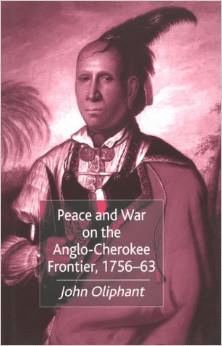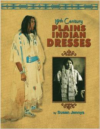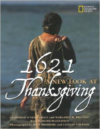Description
In the winter of 1760, Cherokee warriors attacked the South Carolina frontier, driving British settlements back over one hundred miles. Intrusive colonists, the failing deerskin trade, and the treachery of a British governor all contributed to the collapse of trust between the two vastly different cultures, and Cherokee leaders and imperial commanders struggled to reestablish a fragile middle ground, negotiating a peace based on protection and consensus.
Previous works have suggested that extreme cultural differences between Indians and whites and especially colonial expansionism led inevitably to the Anglo-Cherokee War of 1759–1761, but in this original study, John Oliphant emphasizes the central role of individuals in shaping the course of relations between the two societies. Oliphant argues that in a world where four colonial governments, an over-burdened Superintendent of Indian Affairs, and the increasingly important military commanders all competed for a share of southern Indian relations, determined individuals could–and did–have an immense influence over Anglo-Amerindian relations.
As Oliphant shows, war and treaty increased the Cherokee’s chances of stabilizing their South Carolina frontier, and thanks to an imperial policy of protection and conciliation and dogged individuals such as James Grant, John Stuart, Cherokee leader Attakullakulla, and their collaborators, rivals, and colleagues, a firmly defined boundary was finally attained in 1766. An important addition to the history of American Indians and British agents, Peace and War on the Anglo-Cherokee Frontier, 1756-1763 will be of interest to all scholars and students of colonial America.






Reviews
There are no reviews yet.